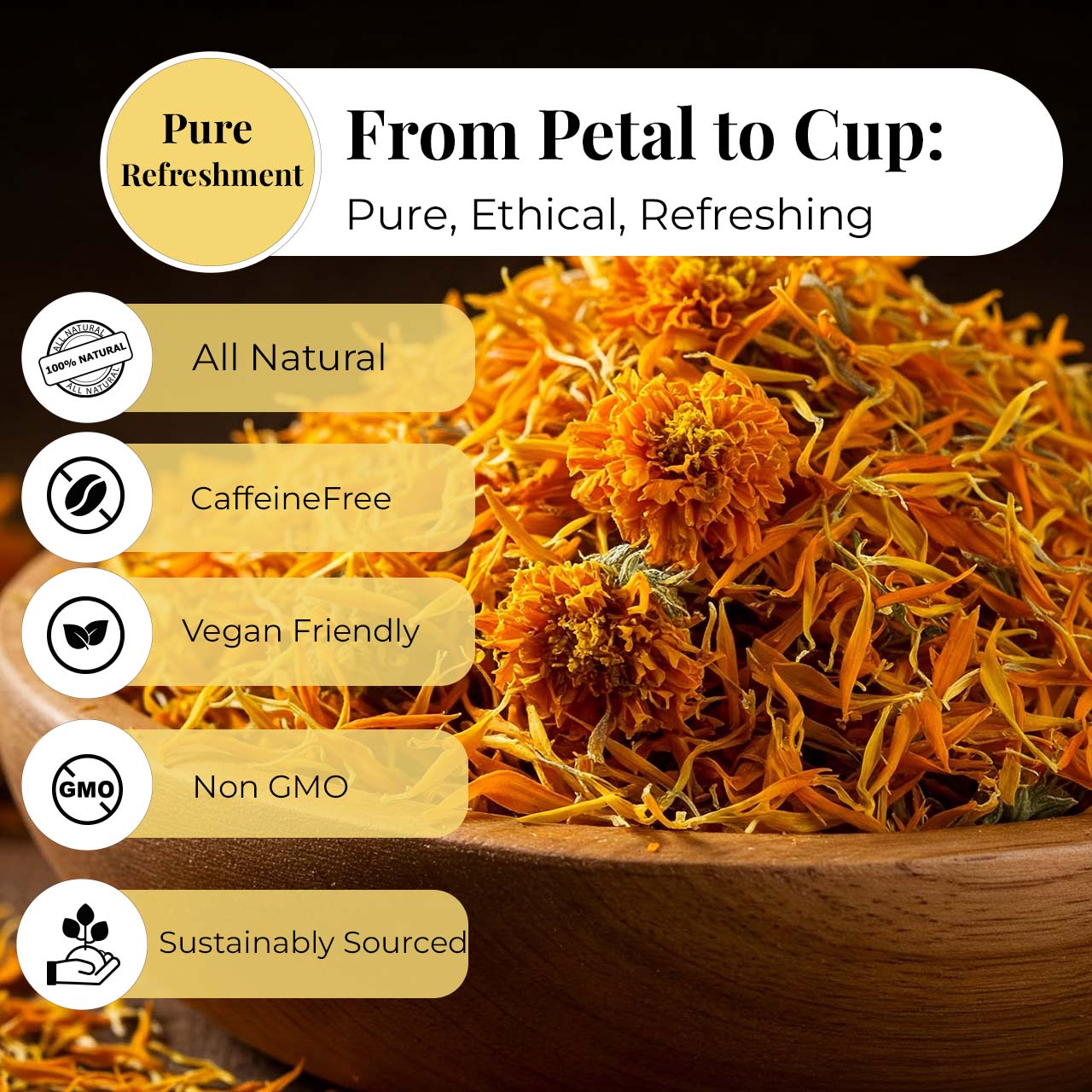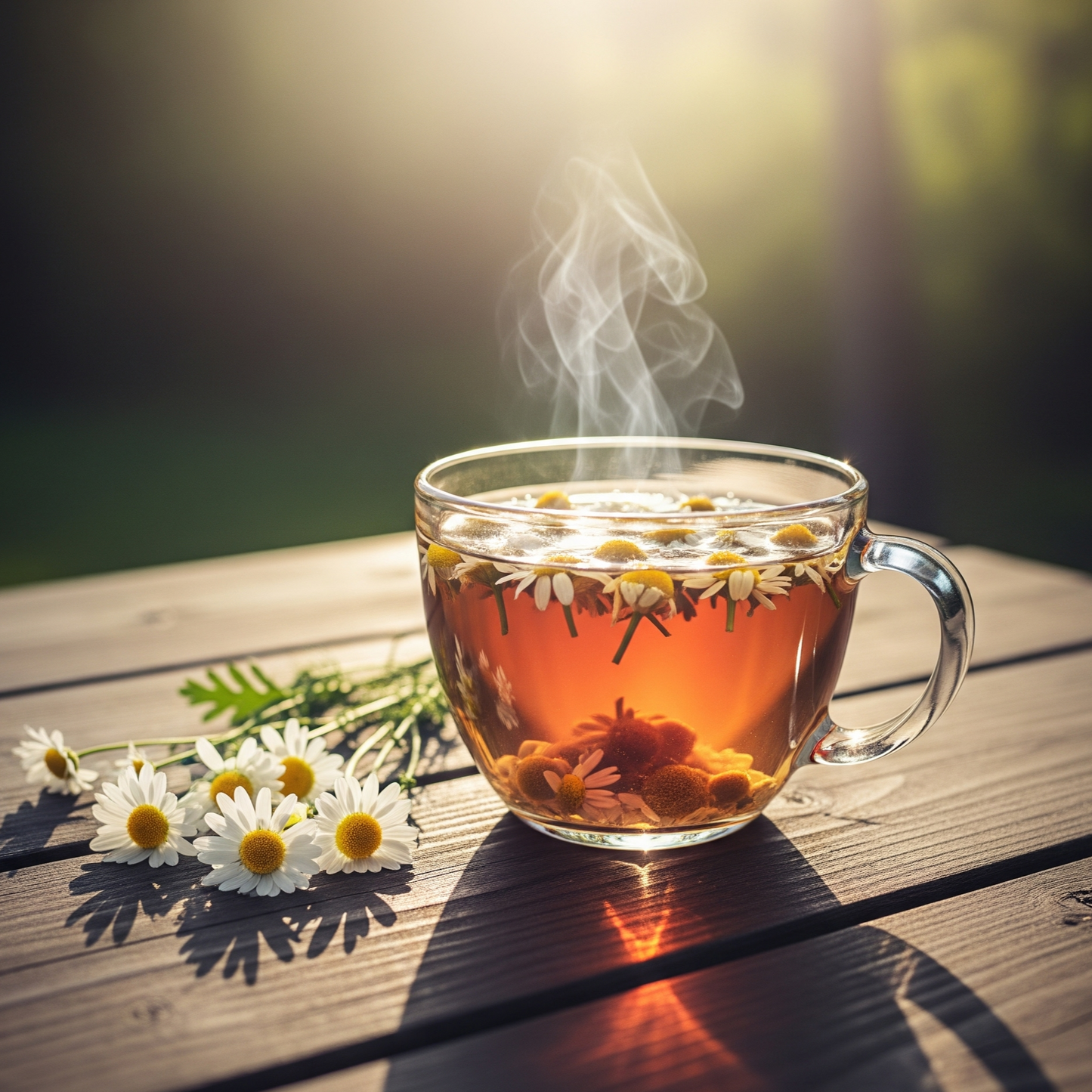In today’s fast-paced world, getting a full night of quality sleep is harder than ever. From late-night screen time to daily stress and anxiety, it’s no wonder millions of Americans are searching for natural remedies to fall asleep faster and stay asleep longer. One increasingly popular solution? Herbal tea for sleep.
In this expert guide, we explore everything you need to know about herbal sleep teas, including the best herbs to use, how to brew them, and why they work.
Why Choose Herbal Tea for Sleep?
Herbal teas have been used for centuries in traditional medicine systems such as Ayurveda, Traditional Chinese Medicine (TCM), and Western herbalism. Unlike pharmaceutical sleep aids, which can be habit-forming and come with side effects, herbal teas offer a gentle, non-addictive way to promote restful sleep.
Herbs such as chamomile, holy basil (tulsi), and lavender contain natural compounds like apigenin, linalool, and eugenol that help:
- Reduce cortisol (stress hormone) levels
- Calm the nervous system
- Induce feelings of relaxation
- Improve sleep onset and duration
Top Herbal Teas for Better Sleep
1. Chamomile Tea
Perhaps the most famous bedtime tea, chamomile is known for its calming, mildly sedative effects. Rich in apigenin, an antioxidant that binds to receptors in the brain, chamomile helps reduce anxiety and initiate sleep.

Benefits:
- Reduces anxiety and stress
- Encourages quicker sleep onset
- Gentle on the stomach
Try our Akshit Dried Chamomile Tea for premium-grade herbal infusions.
2. Holy Basil (Tulsi) Tea
An Ayurvedic powerhouse, tulsi is an adaptogen that helps the body manage stress. It can support hormonal balance, reduce mental fog, and encourage restorative rest.

Benefits:
- Balances stress response
- Boosts immunity while supporting calm
- Pairs well with other herbs like chamomile and lavender
Our Akshit Holy Basil Leaves offer a fresh, fragrant cup that soothes your soul.
3. Lavender Tea
Lavender is beloved not only for its pleasant scent but also for its potent relaxing effects. It contains linalool, which acts as a mild sedative.

Benefits:
- Eases restlessness
- Improves mood and lowers heart rate
- Combines well with chamomile for sleep blends
4. Valerian Root Tea
Often used as a natural alternative to melatonin, valerian root increases GABA (gamma-aminobutyric acid) levels in the brain, promoting deep, uninterrupted sleep.

Benefits:
- Helpful for chronic insomnia
- Reduces anxiety
- Strong sedative effects (use with caution)
5. Lemon Balm Tea
A member of the mint family, lemon balm soothes the nervous system and reduces mild anxiety. It’s excellent for occasional sleeplessness.

Benefits:
- Mild sleep aid
- Great for digestion and relaxation
- Light and citrusy flavor
How to Brew the Perfect Cup
To get the most from your sleep-supporting herbs, follow these steps:
- Use 1–2 teaspoons of dried herbs per 8 oz of hot water
- Steep covered for 5–10 minutes to retain volatile oils
- Sweeten lightly with raw honey if desired
- Drink 30–60 minutes before bedtime
Pro Tip: Make your tea a ritual. Dim the lights, take a few deep breaths, and let the aroma calm your mind.
Creating a Sleep-Inducing Herbal Tea Blend
You can blend herbs to enhance their benefits. Here’s a soothing night-time blend you can make at home:
Sleepy Time Blend
- 1 tsp chamomile
- 1 tsp tulsi
- ½ tsp lavender
- Optional: a few dried hibiscus petals for a tart twist
Mix, steep, and sip. Store extra blend in an airtight glass jar for convenience.
FAQs About Herbal Tea for Sleep
Q: Is herbal tea safe to drink every night?
Yes, most herbal teas are safe for daily use. However, consult your healthcare provider if pregnant, breastfeeding, or on medications.
Q: How soon will I notice effects?
Some people feel relaxed within 30 minutes. With consistent use, benefits can improve over time.
Q: Can I drink sleep teas with medications?
Always check with your doctor, especially if your herbs may interact with sedatives or antidepressants.
Q: Which is better – single herb or blended tea?
Blends offer synergistic effects, but single-herb teas like chamomile or tulsi are great for beginners.
Final Thoughts: Let Herbal Tea Help You Sleep
Sleep isn’t a luxury—it’s essential for healing, clarity, and emotional balance. If you’re tired of tossing and turning, give herbal tea a try. With a calming cup by your side, you can let go of the day and welcome rest the natural way.
Take the first step to better sleep.
Explore the finest herbal tea collection




























